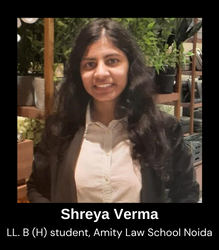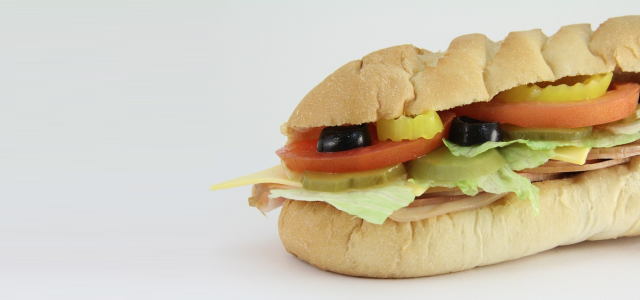 Trademarks are one of the fastest growing and developing IPs nowadays. That’s why various organizations are engaging themselves in trademark-oriented deals. Trademarks provide the proprietor with exclusive rights and benefits and so, they are becoming a huge source of profit, growth, and success nowadays. But every coin has two sides and trademarks aren’t an exception. It has its own set of pros and cons.
Trademarks are one of the fastest growing and developing IPs nowadays. That’s why various organizations are engaging themselves in trademark-oriented deals. Trademarks provide the proprietor with exclusive rights and benefits and so, they are becoming a huge source of profit, growth, and success nowadays. But every coin has two sides and trademarks aren’t an exception. It has its own set of pros and cons.
On one hand, trademarks are undergoing tremendous development but on the other hand, people are using other people’s trademarks without their authorization, thereby making huge profits wrongfully. This is trademark infringement which is becoming a growing concern. Trademark litigation is growing nowadays with the recent case being Subway IP LLC v. Infinity Food & Ors. wherein the Delhi High Court held that the global restaurant-chain giant Subway can’t claim exclusivity over all the two-syllable words starting with “SUB”, “VEG” and “CLUB” especially in the case of eateries serving sandwiches and other related delicacies.
In December 2022, Subway, an American multinational fast food restaurant franchise that specializes in submarine sandwiches, wraps, salads, and drinks, filed a lawsuit regarding trademark infringement against Suberb, a local city eatery for allegedly infringing its wordmark, overall trade dress, website design, employees’ uniforms, etc. in the Delhi High Court. The court had to decide as to whether there’s still a case of trademark infringement or not after the defendants made certain changes to the overall visual representation of their marks, uniforms of employees, menu cards, etc.
The court opined that a comparison between “SUBWAY” and “SUBERB” clearly shows a lack of phonetic or visual similarity. It further said that “SUB” is a word of common knowledge which is an abbreviation for “Submarine”, a type of cylindrical-shaped long sandwich slit lengthwise. That being stated, no monopoly could be granted with respect to the usage of a word which is common to trade. If the “SUB” mark is done away with then obviously there isn’t any similarity between “WAY” and “ERB”. By applying this principle, the court also held that the marks adopted by the defendants i.e., “VEG LOADED REGULAR” and “TORTA CLUB” aren’t similar to the “VEGGIE DELITE” and “SUBWAY CLUB” marks of the plaintiff wherein “VEG” and “CLUB” are common words and apart from them, there isn’t any similarity let alone deceptive similarity between the remaining portion of the marks.
As far as the overall visual representation of both the marks is concerned, the court held that after the defendants made the required changes, there isn’t any similarity at all between the plaintiff’s and the defendant’s marks. The plaintiff uses a combination of yellow and white and the defendant uses red and white. Also, the lettering, font, and overall appearance of both the marks is entirely different from each other. The court also held that the “S” mark of the plaintiff is neither registered nor visually similar to the “S” mark of the defendants and no interim injunction could be given merely on the grounds of similar décor and layout of the defendant’s restaurant or the uniforms of the employees. Therefore, the court held that there isn’t any infringement of trademarks or passing off of goods and services.
To conclude, the court rejected the plaintiff’s plea for interim injunction citing the above-mentioned reasons along with giving the defendants a week’s time to carry out certain changes and completely prohibiting them from using allegedly infringing marks.
Written by Shreya Verma, Third year B.A., LL. B (H) student, Amity Law School Noida










